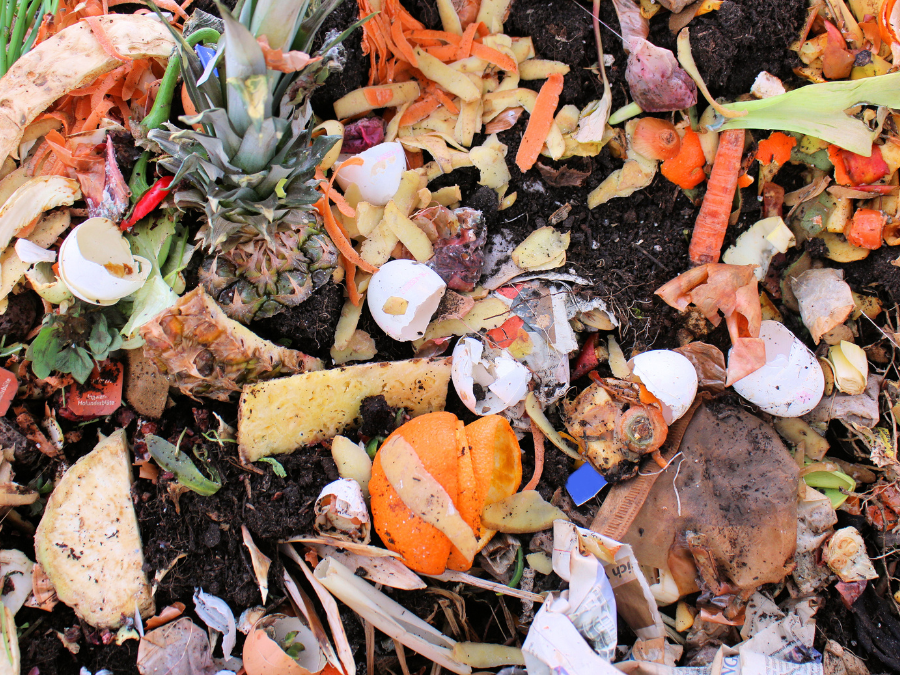
The EU has tabled plans to tackle food waste in the bloc, with proposals for binding targets throughout the supply chain.
Under the plans, announced today (5 July) by the European Commission, member states will be required to reduce food waste by 10% in processing and manufacturing by 2030.

US Tariffs are shifting - will you react or anticipate?
Don’t let policy changes catch you off guard. Stay proactive with real-time data and expert analysis.
By GlobalDataBy the same year, they will also face a target – based on 2020 figures – of a 30% cut per capita “jointly at retail and consumption”, which includes foodservice and households.
Nearly 59 million tonnes of food are wasted each year across the EU, the Commission said. Brussels said that represents an estimated loss of €132bn ($143.5bn).
Some 131kg of food waste per EU inhabitant is generated each year, the Commission said, accounting for 252 million tonnes of CO2 equivalents or about 16% of the total greenhouse gas emissions from the EU food system.
Stella Kyriakides, commissioner for health and food safety at the European Commission, said the proposed plan will help reinforce food security.
She added: “We have an opportunity now to plan for the future, redesign the way we produce and consume our food and offer a larger choice of safe, sustainable and nutritious products to our citizens. This is also an opportunity for the EU farming sector and the food industry to take the lead on making sustainability their bankable trademark and stay ahead of the curve globally.”
FoodDrinkEurope, the industry lobby body that represents food manufacturers operating in the EU, has said the new plans must not undermine businesses working in line with targets set in 2015. The UN set its Sustainable Development Goal eight years ago, aiming to halve food waste per capita by 2030.
Dirk Jacobs, FoodDrinkEurope’s director general, added: “It will also be important for the Commission to collect robust and reliable food waste data from member states which is representative and comparable – this applies to the 2020 baseline as well as subsequent years. This will enable our sector to meet food waste targets and facilitate effective food waste prevention strategies at national level.”
EU aiming for “sustainable soil management”
The proposal comes as part of a wider initiative to protect and restore EU soils.
The Commission has proposed a law to improve soil health, claiming 60-70% of EU soils are unhealthy. Brussels added costs associated with soil degradation are estimated at over €50 billion per year.
The goal of the soil proposal, which will require member states to monitor soil health against framework including erosion and excessive fertiliser nutrient levels, is to achieve healthy soils by 2050.
EU countries will also need “to identify, investigate, assess and clean up contaminated sites”, according to the proposal.
Virginijus Sinkevičius, the commissioner for environment, oceans and fisheries, said that the new soil law will “boost Europe’s resilience and ensure a viable future”.
He added: “In a nutshell, it legally defines healthy soils and allows us to gather data on the state of soils, make sustainable soil management the norm and very importantly help decontaminate polluted soils. Investing in our soils means putting the right foundation for everything else we build on.”
However, the soil health initiative has been met with some criticism among industry players.
FoodDrinkEurope’s Jacobs stated: “There is currently a significant financing gap to meet the EU’s ambitions for better soil health. For example, an estimated €8bn a year is needed to help farmers transition to more sustainable farming, including better soil management, and agri-food businesses face a finance gap of at least €12.5bn in unmet loan demands.”
The One Planet Business for Biodiversity (OP2B), a sustainability collective that represents food giants such as Unilever, Nestlé and Danone, said in a statement that the EU needs “to raise the ambition of this proposal to create the conditions for a level playing field and for a sustainable scale-up of regenerative agriculture”.
Stefania Avanzini, OP2B director said: “The EU needs to go further to tackle the trend of deteriorating soil health in Europe”.







